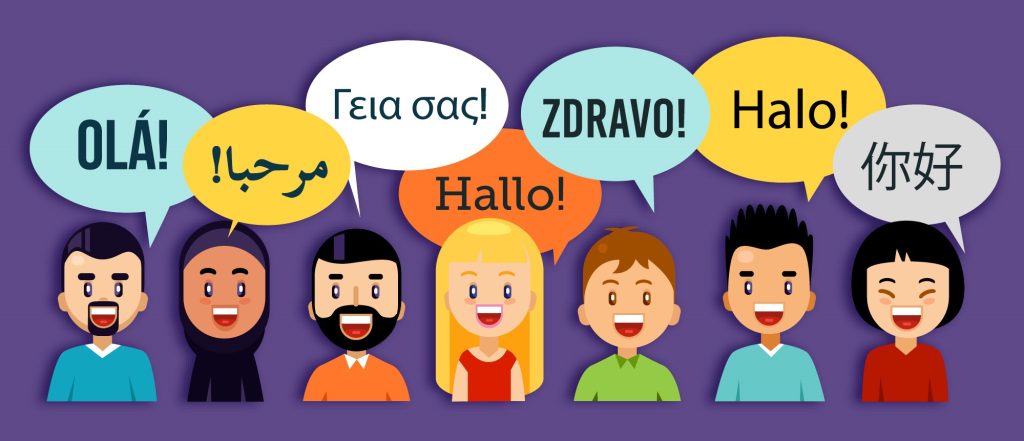In his recent address, the President of the United States laid out how the country could re-establish its standing in the world, including a heavy focus on education. He gave plentiful examples of the hard work and stringent requirements of other countries in the world for their education systems as the reason why those countries were ranked better than the United States in certain subjects. However, when talking about how our education system can be improved, he kept focusing on math and science.
While the online revolution, which has had such a profound effect on the world, was due in large parts to scientists and mathematicians, unfortunately the President left out a key component. When doing business globally, the key element is mutual understanding. This is made possible generally by professional translators and interpreters. Without mutual understanding, communications technology would not be much use at facilitating conversation between parties who do not share a language.
With the political prominence of the United States over the last several decades, and the British Empire before that, other countries have excelled at teaching English to their citizens, and many people from across the world who are not professional linguists have an excellent grasp of the language. However, this is not a reason to simply produce content in English and avoid the cost of translation. The internet has brought with it much greater transparency and access to information, requiring companies to be able to “cut through the noise” to reach their target audience. Despite having an excellent grasp of a foreign language, people are likely to miss nuances that the seller wishes to communicate. The key to reaching the target audience is to communicate with them in a way they can easily understand and identify with. For this, addressing them in their own language is not just preferable, it is essential.
To be able to communicate with someone effectively, you need someone that shares their language and culture, as well as knowing yours. This is why the translators you use should be native speakers of your target language. As it is their own language, they know how to communicate naturally, as well being able to find appropriate ways to communicate concepts from your culture that the target audience does not share. For example, in France, there is a delicious breakfast pastry called “pain au chocolat”. These are not generally available in the United States, though they are starting to be more and more. A French writer with a good command of English, but not aware that Americans may not be familiar with this item, may translate it as “bread with chocolate”, which would clearly not communicate the concept to an American audience. It would be much better to keep the French term (lending an air of the exotic) and provide a brief description, “pain au chocolat – a French chocolate puff pastry”. This is something a native translator would know to do.
While I am definitely very much in favor of foreign language education, especially in the United States, this is not a substitute for quality translation, which is becoming more important in an ever-more globalized world. Language skills are important for business professionals, but translation business needs to be handled by language professionals.




